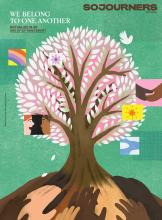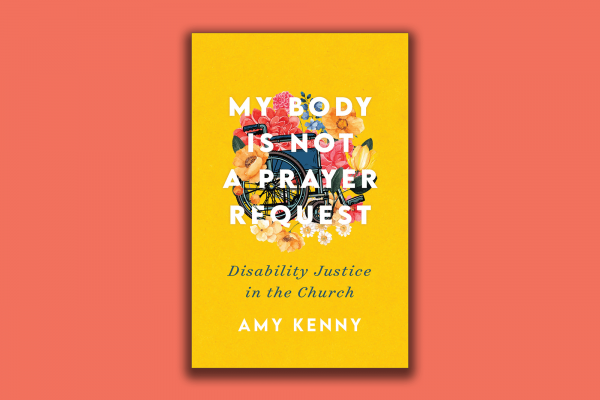SOME CHURCHES HAVE fought to be exempted from the Americans with Disabilities Act, have interpreted scripture in ways that cause violence against disabled people, and are often rife with ableist microaggressions unique to religious communities. Amy Kenny’s My Body Is Not a Prayer Request—part memoir and part disability justice hermeneutic—is a book the church desperately needs.
Kenny encounters strangers, many of them Christians, who comment on her body. They describe their ableist version of heaven, pray over her without consent (she refers to these people as “prayerful perpetrators”), ask for personal medical information, and give pitying glances. “I wish I was whole in their minds,” writes Kenny, “enough to exist without needing a prayerful remedy to cast out my ‘demons,’ a full human who has something to offer other than a miraculous narrative.”
Read the Full Article

